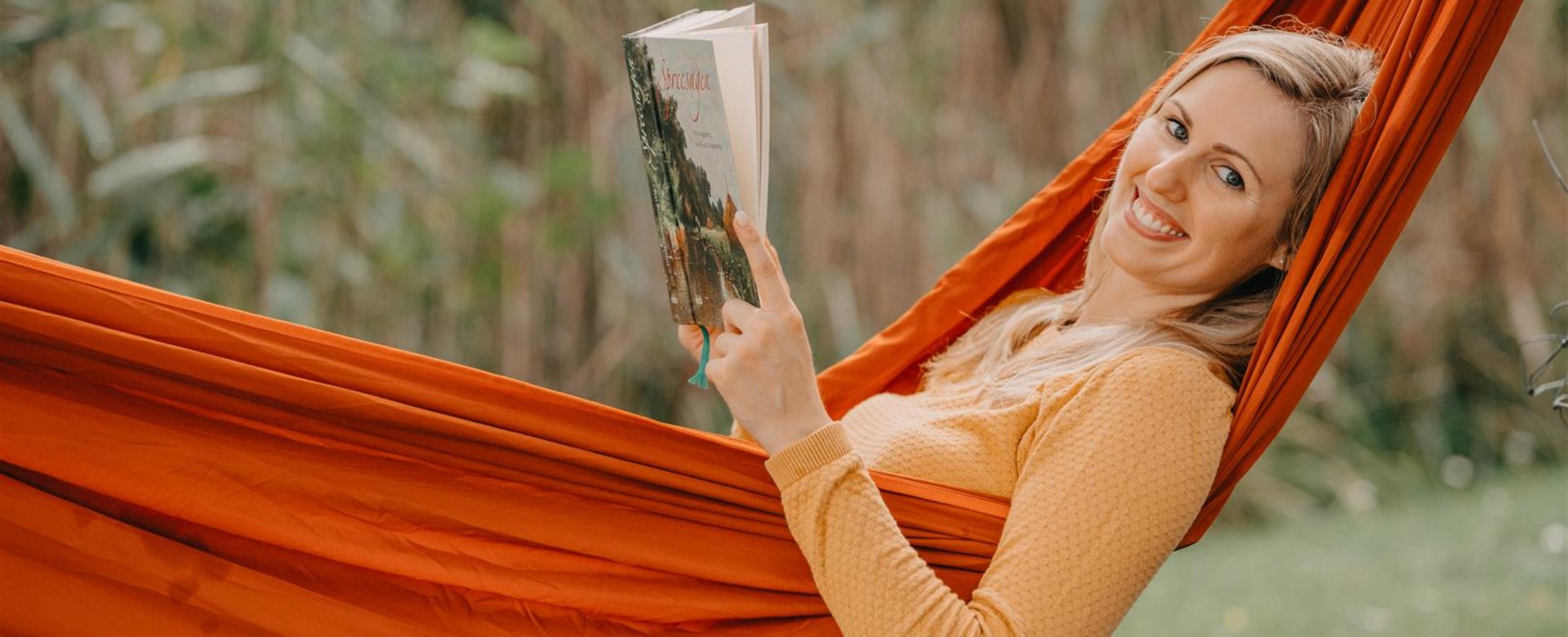Handicrafts and Crafts in the Spreewald
Please note: The following text is an interview or story from a previous year. Please do not draw any conclusions from it about currently taking place events or statistics etc.
Spreewald Journal Issue January/February 2019
Interview with Martin Hampe and Rick Jurisch "It's just great to create something with your own hands." Rude irons, fire and ice hooks, axes, agricultural tools - in the Spreewald, blacksmithing has a long tradition. But like everywhere else, interest in the "old" is cooling among the "young". Rick Jurisch, the master craftsman, and Martin Hampe, the journeyman, are quite different. For the team from the "Kleine Spreewaldschmiede", it can't get hot enough. We ask them...Rude irons, fire and ice hooks, axes, agricultural tools - blacksmithing has a long tradition in the Spreewald. But like everywhere else, interest in the "old" is cooling among the "young". Rick Jurisch, the master craftsman, and Martin Hampe, the journeyman, are quite different. For the team from the "Kleine Spreewaldschmiede" it can't get hot enough. We ask...
Rick, you're 30 years young, you're a master craftsman and you're looking for your fortune in the blacksmith's trade. How did it come about?
Rick Jurisch: "Honestly? I wanted to become a blacksmith since I was a little boy! It's just great to create something with your own hands. One of my great-grandfathers was a blacksmith, so I must have inherited the fire gene from him. And I never wanted to leave. The Spreewald is my home, I grew up here on my grandparents' farm. "
How does one become a master blacksmith and when did the idea to found the "Kleine Spreewaldschmiede" come about?
Rick Jurisch: " Well, the correct job title for a blacksmith is 'metal worker, specialising in metal design'. I later added the title of master metalworker. Martin and I know each other from our apprenticeship days. Fortunately, I was able to lure him out of his Märkische Sandbox. I've been forging since I was a child, and my first apprenticeship money went straight into my first anvil. Since 2016, we have been converting the old stable on the farm into a smithy piece by piece and earning our bread with it. The primary thing is the freedom to do what we really want."
Do you also have a Spree Forest-specific range or offer in your forge?
Martin Hampe: "Yes, of course. We specialise in restoration and reconstruction. We make Spreewald-specific rods, i.e. the ends of the rods of our bargemen, but also hooks, such as the fire hooks that used to be used to pull the reeds from the houses in an emergency or the ones that go on the famous ice poles. But you can also order knives, axes, corkscrews, etc. from us or buy them directly, because we are also regularly on the road with our field smithy at markets and present our craft live."
Do you also offer workshops on your website? Is it that easy to become a blacksmith?
Rick Jurisch: "No, blacksmithing has to be learned and practised over and over again. In the workshops, we introduce people to the material and teach them the first steps, 'to lay the foundation for becoming a blacksmith'. The great thing about metal is that everything is possible. You have a piece of steel and with a good idea and a little patience it becomes a 'dream of steel'."
There's a rumour... you guys have shod the devil's hooves before. How did this story come about?
Rick Jurisch: " Yes, we have indeed shod the devil's hoof. This much we can reveal: it happened in Leipe at the time that an innkeeper was robbed. So that the incident would not happen again, the innkeeper asked us to do it. We'll gladly tell you how we gave the devil an iron shoe, what a chain of oxen had to do with it and whether we had to sell our souls - of course around the fire at the 'Kleine(n) Spreewaldschmiede'. More info: www.kleine-spreewaldschmiede.de
